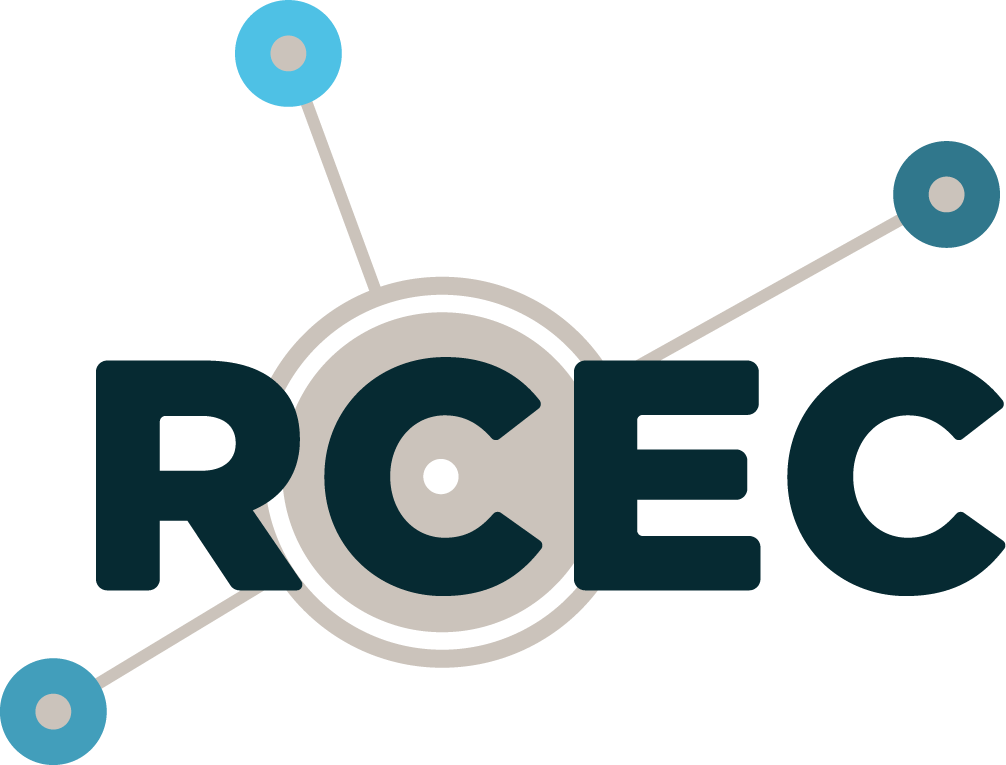Research on civic integration exams based on public itembanks
The current civic integration exams are composed of questions from closed itembanks. Secrecy of the questions is necessary to enable reuse in exams. Unfortunately, practice has shown that items are shared on the Internet after all. Candidates who already know questions in their exams are thus given an advantage.
All newcomers in the Netherlands are obliged to integrate. Learning the language and stimulating participation are central to this. It is the quickest way to participate in society. A good and fair integration process is important. Both for the newcomer and for the Netherlands.
In order to ensure a level playing field, the Ministry of Social Affairs and Employment investigated how to deal with the ‘leakage’ and distribution of exam questions in the future. A promising alternative is the move to public itembanks, where all questions are publicly available for each candidate.
Because there is hardly any experience with public itembanks for language exams, RCEC was asked for advice. We looked at the three central quality aspects of exams: validity, reliability and efficiency. We also looked at the public support in the field. What do the various stakeholders think about making the exam questions public?
The conclusion of RCEC is that for all parts of the civic integration exams – with both open and closed questions – it is possible to work with public itembanks in a responsible way. However, there are preconditions attached to this. The most important condition is that the itembanks must consist of a sufficient number of exam questions. RCEC also advises to closely monitor the exams and exam questions in the event of a transition. All possible effects of moving to public itembanks deserve proper attention.
In order to create support in the field, RCEC organised a panel discussion on the basis of statements following the research. This became a lively discussion that resulted in the agreement of the eight stakeholders with the conclusions and recommendations of the research report.
For more information, see page 9 of the Dutch Parliamentary letter: implementation of civic integration July 2020.

